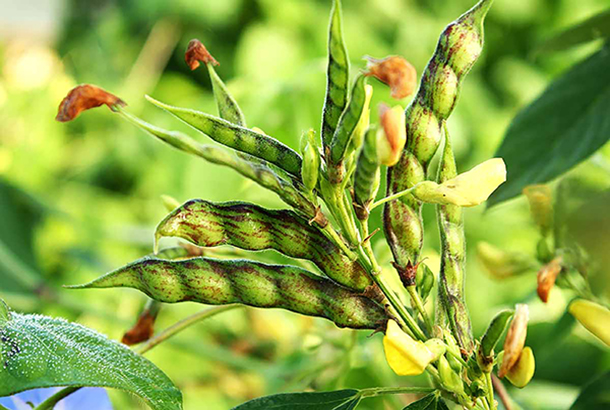
What are the unani benefits, side effects and dosage of pigeon pea?
Pigeon pea (Cajanus cajan), also known as toor dal or red gram, is a legume widely consumed in various cuisines. It has several potential health benefits, but it is important to note that individual responses to any food can vary. Here is some information regarding the benefits, side effects, dosage, and composition of pigeon pea:
Benefits
– Rich in nutrients: Pigeon pea is a good source of protein, dietary fiber, vitamins (such as vitamin C, vitamin A, and B vitamins), and minerals (including potassium, phosphorus, and iron).
– Heart health: The fiber content of pigeon pea can help promote heart health by reducing cholesterol levels and aiding in the prevention of cardiovascular diseases.
– Digestive health: The dietary fiber in pigeon pea can support digestive health, prevent constipation, and promote regular bowel movements.
– Blood sugar control: Pigeon pea has a low glycemic index and may help regulate blood sugar levels, making it beneficial for individuals with diabetes or those at risk of developing diabetes.
– Antioxidant properties: Pigeon pea contains antioxidants that help protect the body against oxidative stress and damage caused by free radicals.
Side Effects
– Flatulence: Some individuals may experience increased gas or flatulence due to the fiber content of pigeon pea. Gradually increasing the intake and ensuring adequate hydration can help alleviate this side effect.
– Allergic reactions: In rare cases, individuals may be allergic to legumes, including pigeon pea. Allergic reactions can range from mild symptoms such as itching or hives to more severe reactions like difficulty breathing. If you experience any signs of an allergic reaction, seek medical attention immediately.
Dosage
There is no specific dosage for pigeon pea, as it is typically consumed as part of a balanced diet. It is commonly used in cooking, particularly in dishes like soups, stews, and curries. Incorporate pigeon pea into your meals according to your taste preferences and cultural culinary practices.
Composition of Pigeon Pea (per 100g serving):
The composition of pigeon pea can vary slightly, but here is an approximate nutritional composition:
Nutrient |
Amount |
|
Calories |
343 kcal |
|
Protein |
22 g |
|
Carbohydrates |
63 g |
|
Dietary Fibre |
15 g |
|
Fat |
1 g |
|
Potassium |
367 mg |
|
Iron |
5 mg |
|
Vitamin C |
3 mg |
|
Vitamin A |
22 IU |
|
Thiamin (Vitamin B1) |
0.36 mg |
|
Riboflavin (Vitamin B2) |
0.21 mg |
|
Niacin (Vitamin B3) |
2.2 mg |
|
Calcium |
130 mg |
|
Magnesium |
48 mg |
Please note that the nutritional composition can vary depending on factors such as the variety of pigeon pea and preparation methods.
It’s always advisable to consult with a healthcare professional or a registered dietitian for personalized dietary advice and to discuss any specific health concerns you may have.
